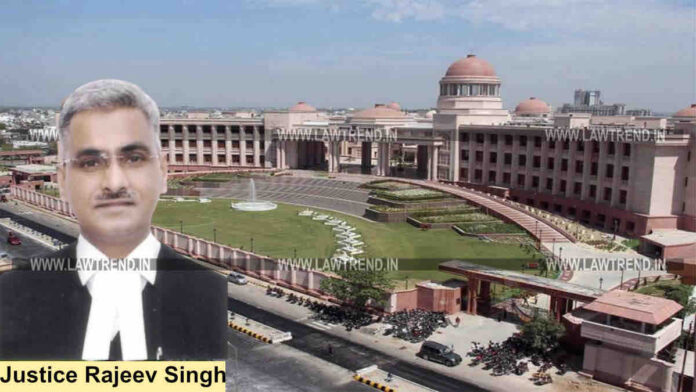The Allahabad High Court, Lucknow Bench, has ruled that a notice to the proposed accused in a complaint case should only be issued after the complainant and witnesses have given their statements on oath, as required under Section 223 of the Bharatiya Nagarik Suraksha Sanhita (BNSS), 2023. The court quashed the October 15, 2024, order
To Read More Please Subscribe to VIP Membership for Unlimited Access to All the Articles, Download Available Copies of Judgments/Order, Acess to Central/State Bare Acts, Advertisement Free Content, Access to More than 4000 Legal Drafts( Readymade Editable Formats of Suits, Petitions, Writs, Legal Notices, Divorce Petitions, 138 Notices, Bail Applications etc.) in Hindi and English.




